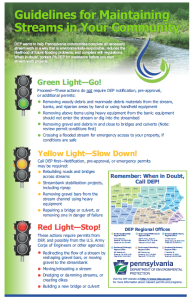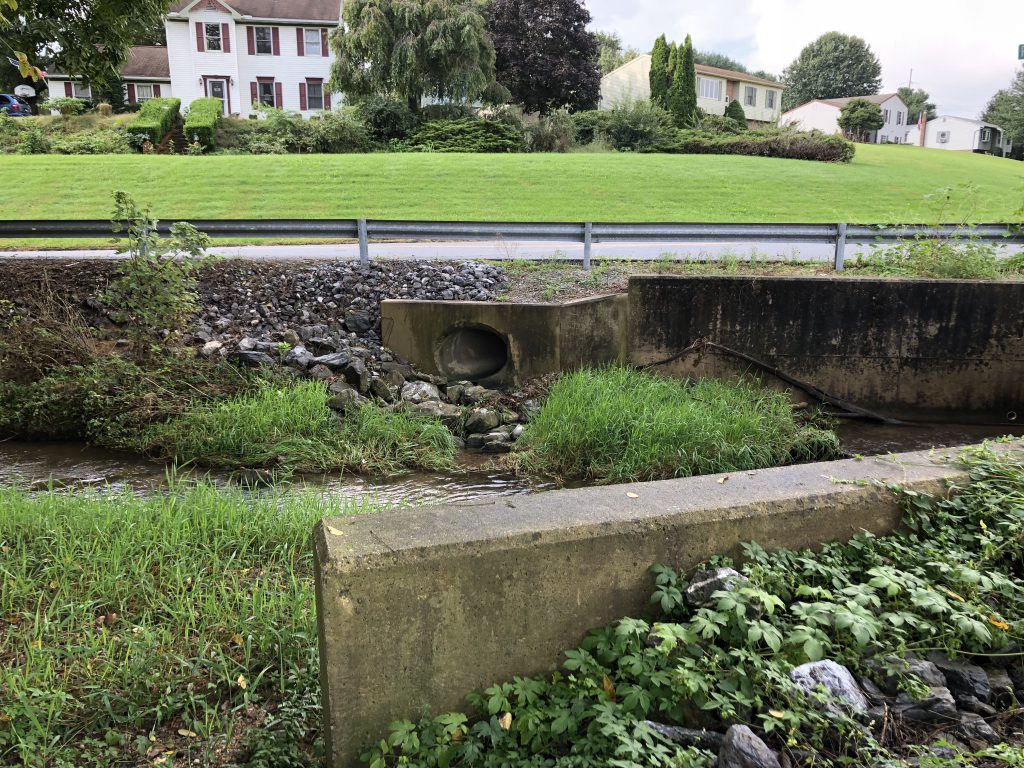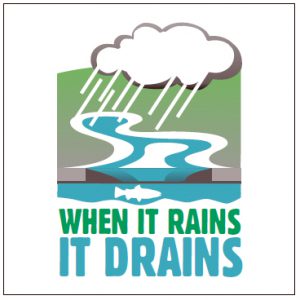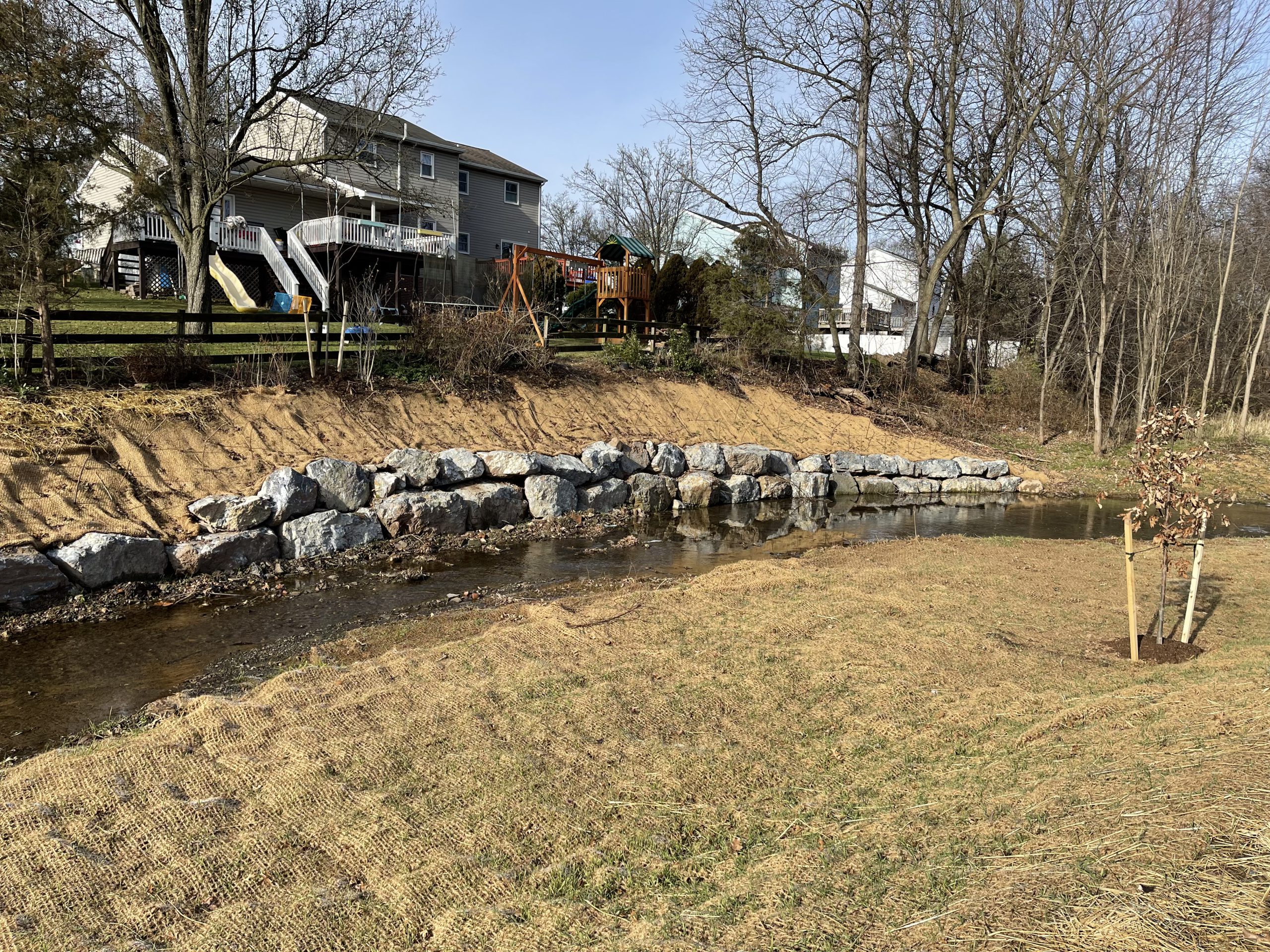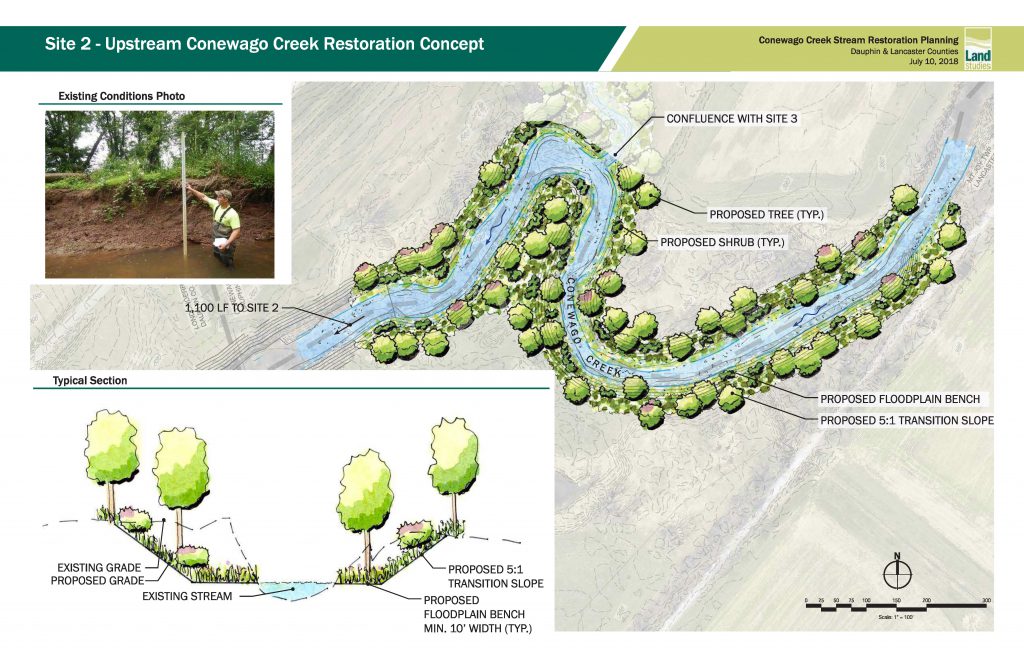Water Quality Information
Mount Joy Township began implementing its Municipal Separate Storm Sewer System (MS4) water quality program in 2018. Our storm sewer system consists of the Township-owned roads, storm pipes, swales, inlets, and basins that collect and convey rainfall to waterways. All runoff that passes through the Township’s MS4 and exits through an outfall is the responsibility of the municipality. The Pennsylvania Department of Environmental Protection and U.S. Environmental Protection Agency administer the MS4 program and provide useful information on stormwater management via their websites.

